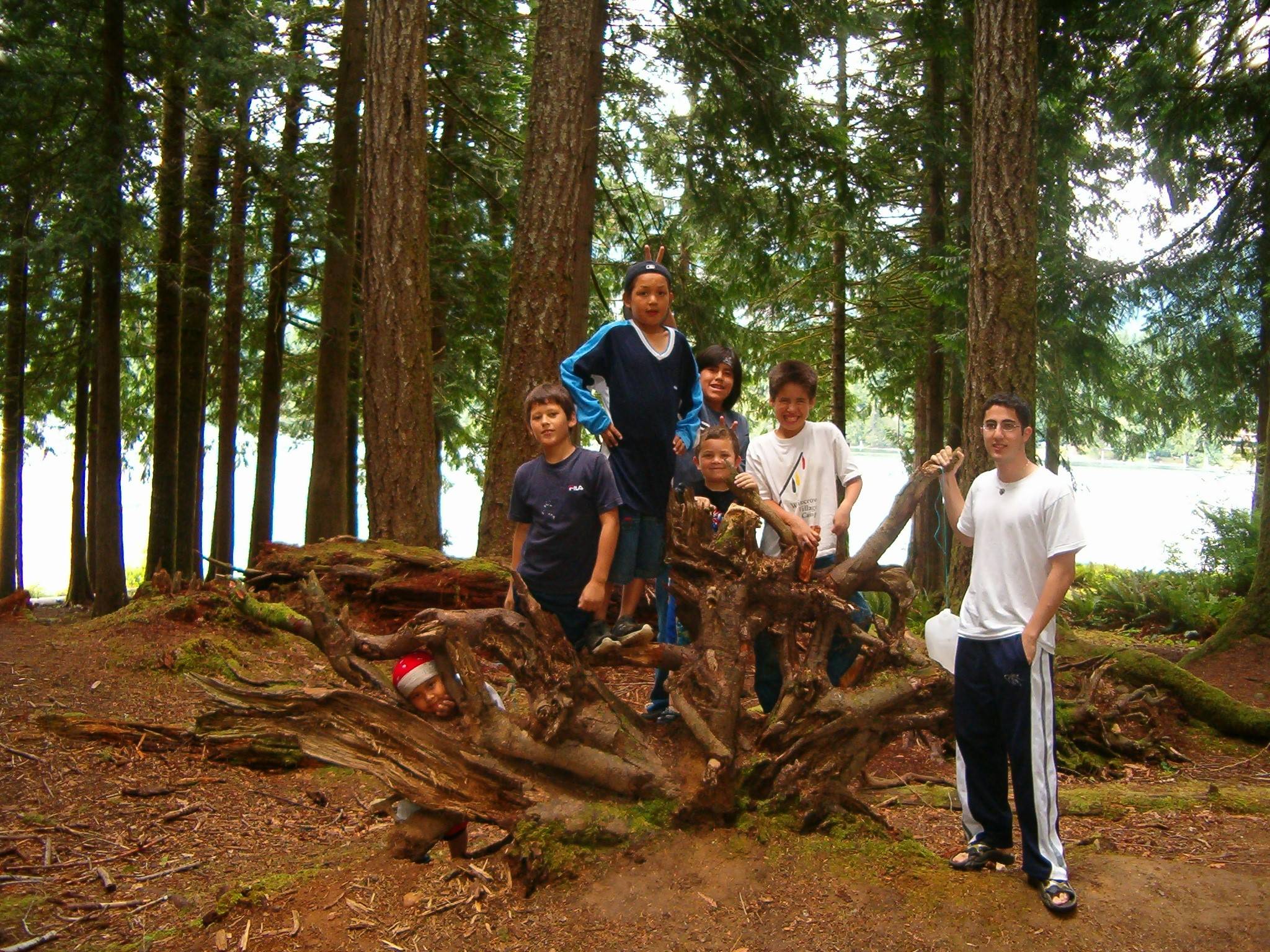It’s been called an invisible disorder.
For kids with Fetal Alcohol Spectrum Disorder — an umbrella term describing the range of effects that can occur in an individual whose mother drank alcohol during pregnancy — the effects may include physical, mental, behavioral, and/or learning disabilities with possible lifelong implications. If they do not have the classic facial characteristics of Fetal Alcohol Syndrome that would facilitate early diagnosis and intervention, that can mean a lifetime of no one completely understanding their developmental delays or behavioral issues.
Even something as seemingly wholesome as summer camp — with the triggers of being around a lot of other, rambunctious kids in an unstructured setting — can feel more like a nightmare to a child with FASD.
This summer, though, thanks to the efforts of the Juneau FASD Community, a summer camp specifically for FASD kids and those who support them will take place at the Eagle River United Methodist Camp in August.
“I’m really excited about the camp coming up,” said Anna Nisler, who attended a Whitecrow Village camp last year, and who will be one of the counselors this year at the Juneau camp. “It’s going to be wonderful and it will benefit a lot of families.”
For Nisler and other FASD kids, attending a camp geared toward those with “brain differences” is all about validation.
“I got a whole new insight, that I’m not alone, that other young adults have this too,” said Nisler, who currently attends college in Wisconsin.
The Juneau FASD Community is bringing Kee Warner and her Whitecrow Village staff to Juneau for a four-day workshop and then a week-long family camp. Families and community members including educators, health providers, legal representatives, and social service providers are all invited to learn more about Fetal Alcohol Spectrum Disorders by attending the interactive workshops, said organizer Sandy Fiscus.
This is the first time a Whitecrow camp has been held in Juneau, said Fiscus, adding that Warner has been doing these camps for 20 years across Canada.
“It’s not a new model,” Fiscus said, explaining that the strength-based philosophy is meant to prevent negative behaviors by identifying the participants’ gifts and helping them fulfill their potential.
“Sometimes it’s the first time family members have seen someone react to their children in a positive way,” said Alex Pastorino, a member of the community FASD working group. “The focus is experiential. Come and see how, when you put together a supportive environment, how it is so much more conducive to learning and success. It’s not about changing the child, but about creating an environment to be successful.”
In some ways, it will be like a typical summer camp with arts and crafts, hikes and walks. But there will be no competitive games, campers will be fed a controlled whole foods diet with no added sugar, and there will be no electronics, Fiscus said. Easy transitions between activities will also be stressed.
“It’s essential that transitions be peaceful and calm, and they get a lot of cues to expect them,” she explained.
The result?
“Families can go and really enjoy their time together,” Fiscus said.
“One really important thing is the counselors have FASD,” she added. “They are great role models, especially for parents, who are so concerned about what’s going to happen to their kids. It’s discouraging for parents; we don’t have the answers — but we have lots of positive strategies. I’ve been on FASD teams for 20 years and it’s easy to get discouraged. Finding something like this — it warms your heart.”
The camp is also a time for the community to learn what is effective support, Pastorino said, adding that people have assumptions that one certain thing will help, but it really could be escalating anxiety.
“The whole idea is prevention, with children who are affected,” she said. “Really early intervention is the key. Without that, and early diagnosis, kids are really set up for failure.”
Nisler’s experience at camp last year is a textbook example of how this experiential learning model can help.
“At first I was kind of overwhelmed, like, I want to go home,” she said. “By the end, I cried because I didn’t want to leave. I met so many good people there. They really do know a lot about this disorder.”
Part of what is hard about FASD is that seemingly innocuous things can be a problem — for Nisler, fluorescent note cards “drive my eyes nuts.”
She always thought she just stressed out a lot, especially over tests, she said. Nisler was not diagnosed until the beginning of her senior year in high school.
“Going to Whitecrow was good for my family,” she said. “My dad, he understood, but he didn’t have a big understanding of what it meant. Not that he was ever mean, but he didn’t understand something like, because you don’t like the smell of something, you don’t want to eat it. … Now he understands why I am that way.”
Getting that extra training in dealing with FASD — what Nisler calls the “lightbulb moments” — will be invaluable, she says.
“It will benefit a lot of people,” promised Nisler. “It’s done so much for me and my family.”
There will be a four-day workshop for professionals as well as community members starting July 31. The second workshop is a five-day workshop and family camp to be held Aug. 7-11. Two continuing education credits will be offered from UAA for each workshop. There is room for 25 participants in the first workshop, and 15 community members and professionals in the LIFE immersion program. The Family Camp is limited to five families who experience a member with an FASD. Applications can be requested at www.JuneauFASD.org or 364-2574. Donations can be made out to Eagle River United Methodist Camp, FASD, P.O. Box 211385, Auke Bay, AK 99821.
• Contact reporter Liz Kellar at 523-2246 or liz.kellar@juneauempire.com.

